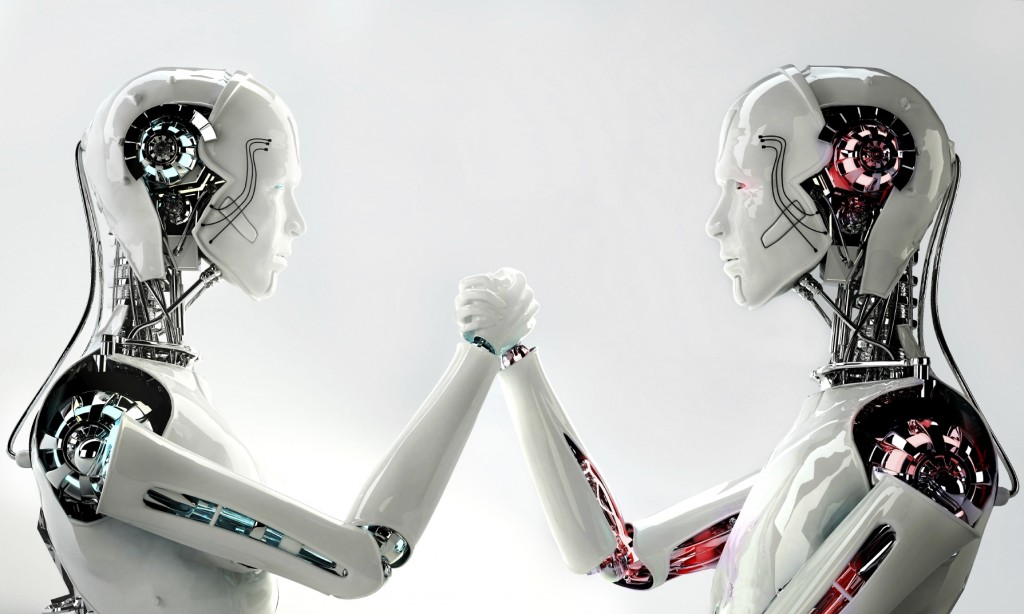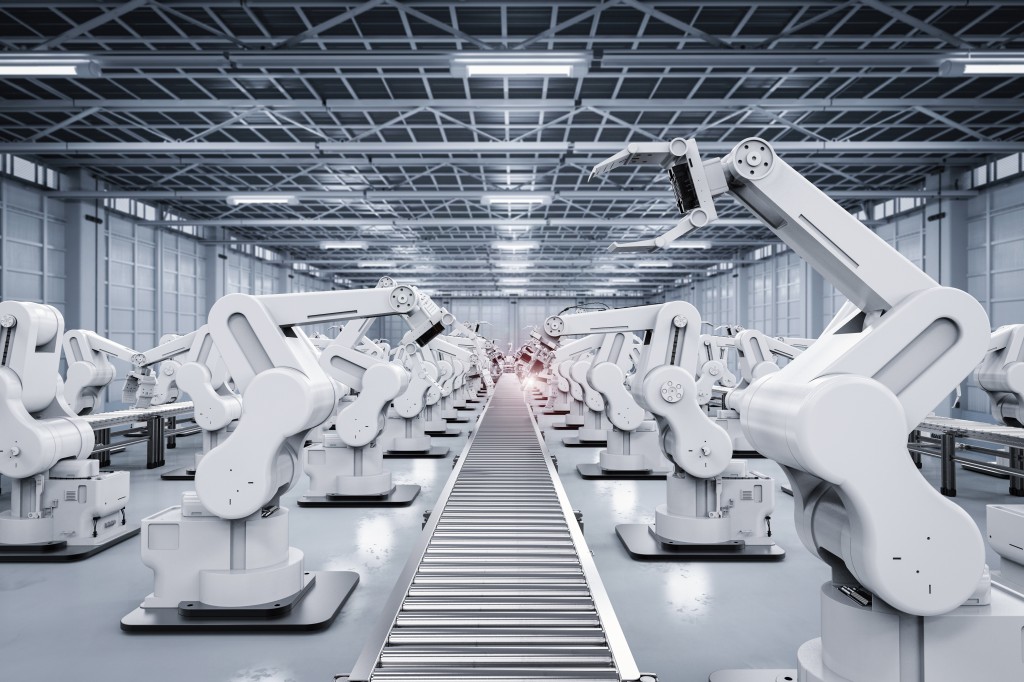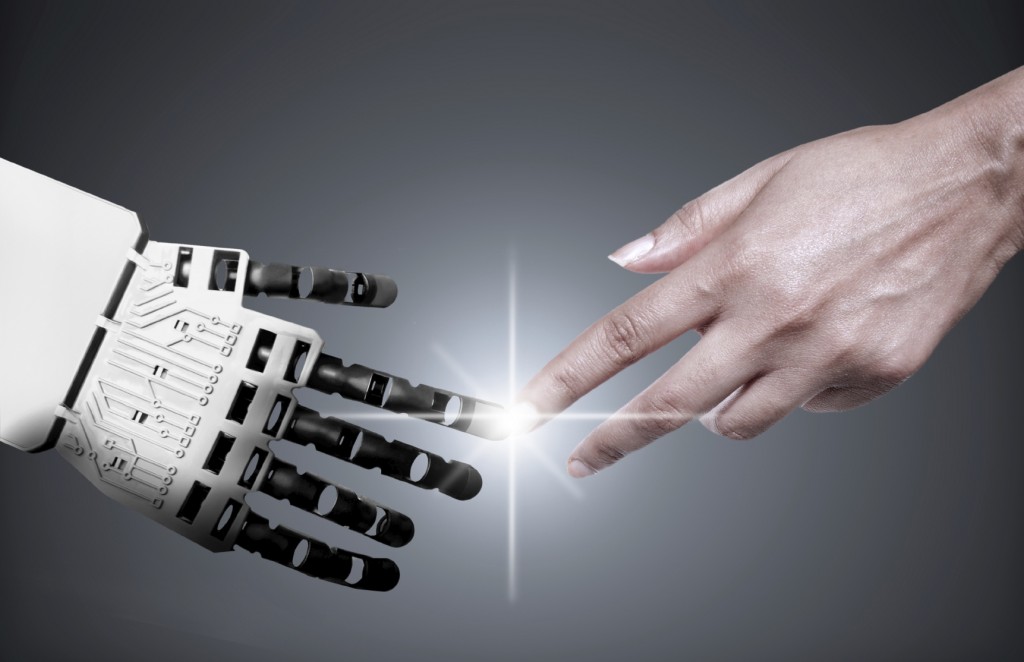Engineering and Industry 4.0
The Industry 4.0, or the Fourth Industrial Revolution, will introduce significant changes throughout industries worldwide. A swift response to these changes will have to be clearly seen in companies’ visions, with the identification of how to invest in advanced equipment and facilities throughout the business. This planned approach does not intend to change companies overnight but to adapt to the occurring changes within the sectors.
Digitalisation is the main focus in the Industry 4.0 with the customers being the driving force behind the streamlining of every process and product. Customised mass production for each individual product will include simulation and virtualisation technology with the safe testing of product mechanics.
Speeding up manufacturing processes will be possible through advanced robotics, which will ensure the well-functioning of companies.
Nine Pillars of Technological Advancement
Technological development will be based upon the ‘Nine Pillars of Technological Advancement’, accounting for the growing interconnectivity in the increasingly digital world. These Pillars will ensure the optimisation, integration, and automation of the production flow for improved efficiency and supply chain users along with the relationship between humans and machines.
- Big Data and Analytics. Real-time decision making will rely on both the collection and the comprehensive analysis of production equipment and customer-management systems.
- Autonomous Robots. Increased autonomy will be given to robots for more cooperation and flexibility, leading towards interaction and work alongside humans. Less expensive and smarter, these robots will have more capabilities than present-day robots.
- Simulation. Real-time data will be used for simulation success in a virtual world in engineering, with humans, machines, and products aiding in the testing and optimisation of products. This will allow for higher product quality.
- Horizontal and Vertical System Integration. IT systems from plants to products and to automation will have complete integration, with all elements becoming more cohesive as automated value chains allow for universal data-integration networks.
- The Industrial Internet of Things (IIoT). Computing and connectivity will be extended to even more devices, with field devices interacting and communicating with each other. In addition, there will be a decentralised production process, with workstations knowing the needed manufacturing steps for each product and being able to adapt to any operation.
- Cybersecurity. The increased connectivity in the Industry 4.0 and the increased need for cybersecurity will see the latter becoming more and more developed and advanced.
- The Cloud. Cloud-based software is already in use, however, the performance of this software will be increased and distributed across more channels. Both functionality and machine data will be deployed in higher amounts to the cloud, with a resulting growth in data-driven services.
- Additive Manufacturing. Additive manufacturing processes will be increasingly utilised for prototyping of customised products in small quantities in lightweight and complex designs. Decentralised and high-performing systems will ensure that all manufacturing processes are streamlined.
- Augmented Reality. Augmented reality glasses, for example, can be developed in order to provide accurate and real-time data to workers. Work procedures and decision-making will be improved, with workers having a cyber-representation of machines for optimised use.
Engineering 4.0 for the Future
A decentralised production network will require the integration of both simulation and product management in addition to further data communication. Device interconnectivity is expected to reach approximately 20.4 billion in number by 2020, allowing for the complete integration and sharing of vital data in the engineering industry.
Innovation processes will be successful through a further partnership between suppliers and customers, with valuable and real-time customer feedback. This will aid engineers in improving their decision-making and in streamlining products as they communicate with customers in real-time.
Predictive maintenance will, for example, be an essential component in the design and manufacturing processes. Machines will be able to find errors that humans won’t, allowing for the elimination of machine downtime and increased user safety. This will be based on data, which will decentralise decision-making and ensure minimal human intervention in smaller processes.
Developing digital skills in young generations will be important for a future in which the Industry 4.0 is beginning to fully develop. The need for specialised knowledge in all sectors of robotics, artificial intelligence, and other digital skills will increase, as will the need for leadership skills in the integration of the initial processes.
Cloud technology will ensure that engineers across the world can easily scale their operations through an increased focus on IT operations and core competencies. This technology functions as an ‘equaliser’, allowing for both small and medium companies to have access to the same software processes and improved computing power.
Here at European Springs Ireland, we invest in the future of engineering and manufacturing processes to ensure that our springs, wireforms, and pressings are of the highest quality. Simply get in touch with our expert team to find out more about how we can help your projects with bespoke solutions.
[button url=”/contact-us/” class=”scbutton”]Enquire Now[/button]

